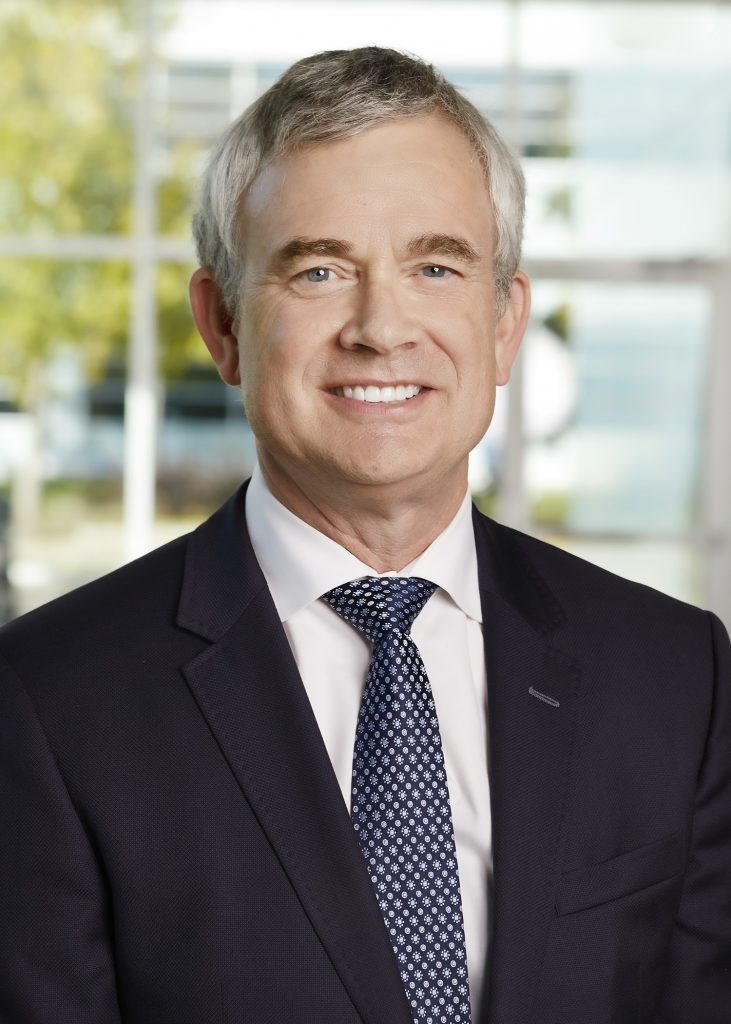Canada News
Alberta isn’t alone in facing climate challenge, says province’s COP26 representative

Alberta’s top representative to the global climate conference taking place in Scotland has a message to those in the province who feel singled out by the pressure to reduce greenhouse gas emissions.
You are not alone.
“I feel that too,” said Steve MacDonald, CEO of Emissions Reduction Alberta, a provincial agency that helps fund carbon reduction initiatives.
“But you come here and listen to these other jurisdictions and they’re struggling with exactly the same problems. I think that’s very reassuring.”
One of only two Alberta delegates in Glasgow for the UN-sponsored COP26 meeting on climate change, MacDonald’s days have been full.
He has met with top Canadian officials, including new federal environment minister Steven Guilbeault. He has given panel presentations and met with national delegates from the U.K., the European Union, Saudi Arabia, Egypt and Sweden, among others.
There are booths to meet people from different nations and companies. Coffee chats. And yes, socials.
“Over a glass of wine you can have different conversations and build relationships with some of the most influential people in the world around the climate file,” MacDonald said. “It can go as late as you want.”
You can ask questions, follow up ideas, make personal contacts.
“It’s a bit of a club. You have to be here.”
The occasional eyebrow does lift at “I’m from Alberta,” he said. Some do condemn the province, along with its emissions.
And Alberta does have a ways to go, MacDonald acknowledges. The United Conservative government is still working out its climate change strategy, which it has promised to release shortly.
But other countries want to hear about Alberta’s experience with carbon taxes, he said. They want to hear about its carbon capture technologies.
In return, MacDonald is all ears when it comes to measures such as green bonds, a market-based way of raising money for renewable energy.
Alberta’s two-person delegation is the smallest from all of Canada’s energy-producing provinces — smaller even than delegations sent by groups such as the Inuit Circumpolar Conference.
MacDonald doesn’t feel outgunned. You learn to pick your spots, he said.
“As a (province), you have to be very purposeful.”
Alberta politicians often complain that the bar keeps going up for the province’s reduction targets. Join the club, said MacDonald — everybody feels that way.
“The whole world is trying to keep up with demands that we need to do more, faster.”
Plans that were bold five years ago are just table stakes now, he said.
“The agenda has changed. There’s a different sort of level of what’s expected.”
But Albertans shouldn’t feel that they have to solve those problems themselves, or that they’re the only jurisdiction where climate change is a hot topic.
“When you get out and talk to people on a national, international scale, you recognize that there are lots of jurisdictions struggling with the same issues.”
It’s hard for everybody, said MacDonald.
“Alberta is not the only jurisdiction that depends heavily on hydrocarbons,” he said. “Alberta’s challenges in terms of how quickly we can get to net zero, that’s a challenge that we share with the world.”
This report by The Canadian Press was first published Nov. 9, 2021.
— Follow Bob Weber on Twitter at @row1960
Bob Weber, The Canadian Press





















